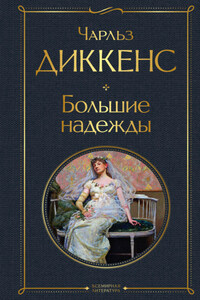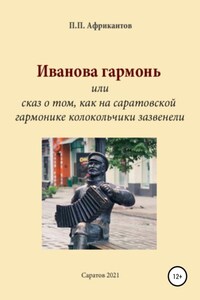My name is Helena, and I am fourteen past. I have two other Christian names; one of them is rather queer. It is 'Naomi.' I don't mind having it, as I am never called by it, but I don't sign it often because it is such an odd name. My third name is not uncommon. It is just 'Charlotte.' So my whole name is 'Helena Charlotte Naomi Wingfield.'
I have never been called by any short name, like 'Lena,' or 'Nellie.' I think the reason must be that I am an only child. I have never had any big brother to shout out 'Nell' all over the house, or dear baby sisters who couldn't say 'Helena' properly. And what seems still sadder than having no brothers or sisters, I have never had a mother that I could remember. For mamma died when I was not much more than a year old, and papa six months before that.
But my history has not been as sad as you might think from this. I was very happy indeed when I was quite a little child. Till I was nine years old I really did not know what troubles were, for I lived with grandmamma, and she made up to me for everything I had not got: we loved each other so very dearly.
I will tell you about our life.
Grandmamma was not at all the sort of person most children think of when they hear of a grandmother in a story. She was not old, with white hair and spectacles and always a shawl on, even in the house, and very old-fashioned in her ways. She did wear caps, at least I think she always did, for, of course, she was not young. But her hair was very nicely done under them, and they were pretty fluffy things. She made them herself, and she made a great many other things herself – for me too. For, you will perhaps wonder more than ever at my saying what a happy child I was, when I tell you that we were really very poor.
I cannot tell you exactly how much or how little we had to live upon, and most children would not understand any the better if I did. For a hundred pounds a year even, sounds a great deal to a child, and yet it is very little indeed for one lady by herself to live upon, and of course still less for two people. And I don't think we had much more than that. Grandmamma told me when I grew old enough to understand better, that when I first came to live with her, after both papa and mamma were dead, and she found that there was no money for me – that was not poor papa's fault; he had done all that could be done, but the money was lost by other people's wrong-doing – well, as I was saying, when grandmamma found how it was, she thought over about doing something to make more. She was very clever in many ways; she could speak several languages, and she knew a lot about music, though she had given up playing, and she might have begun a school as far as her cleverness went. But she had no savings to furnish a large enough house with, and she did not know of any pupils. She could not bear the thought of parting with me, otherwise she might perhaps have gone to be some grand sort of housekeeper, which even quite, quite ladies are sometimes, or she might have joined somebody in having a shop. But after a lot of thinking, she settled she would rather try to live on what she had, in some quiet, healthy, country place, though I believe she did earn some money by doing beautiful embroidery work, for I remember seeing her make lovely things which were never used in our house. This could not have gone on for long, however, as granny's eyes grew weak, and then I think she did no sewing except making our own clothes.
Now I must tell you about our home. It was quite a strange place to grandmamma when we first came there, but I can never feel as if it had been so. For it was the first place I can remember, as I was only a year old, or a little more – and children very seldom remember anything before they are three – when we settled down at Windy Gap.
That was the name of our cottage. It is a nice breezy name, isn't it? though it does sound rather cold. And in some ways it was cold, at least it was windy, and quite suited its name, though at some seasons of the year it was very calm and sheltered. Sheltered on two sides it always was, for it stood in a sort of nest a little way up the Middlemoor Hills, with high ground on the north and on the east, so that the only winds really to be feared could never do us much harm. It was more a nest than a 'gap,' for inside, it was so cosy, so very cosy, even in winter. The walls were nice and thick, built of rather gloomy-looking, rough gray stone, and the windows were deep – deep enough to have window-seats in them, where granny and I used often to sit with our books or work, as the inner part of the rooms, owing to the shape of the windows, was rather dark, and the rooms of course were small.
We had a little drawing-room, which we always sat in, and a still smaller dining-room, which was very nice, though in reality it was more a kitchen than a dining-room. It had a neat kitchen range and an oven, and some things had to be cooked there, though there was another little kitchen across the passage where our servant Kezia did all the messy work – peeling potatoes, and washing up, and all those sorts of things, you know. The dining-room-kitchen was used as little as possible for cooking, and grandmamma was so very, very neat and particular that it was almost as pretty and cosy as the drawing-room.














